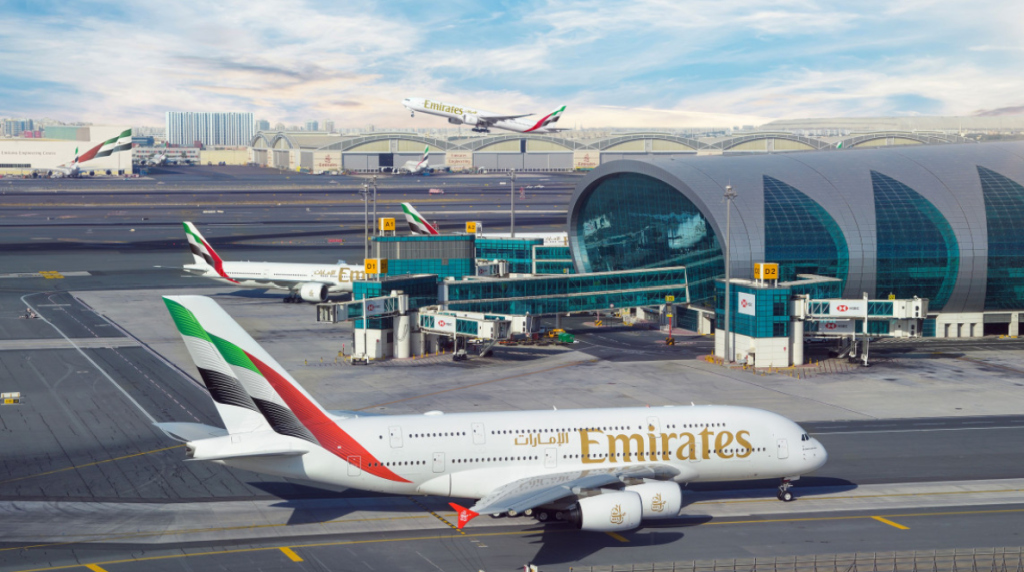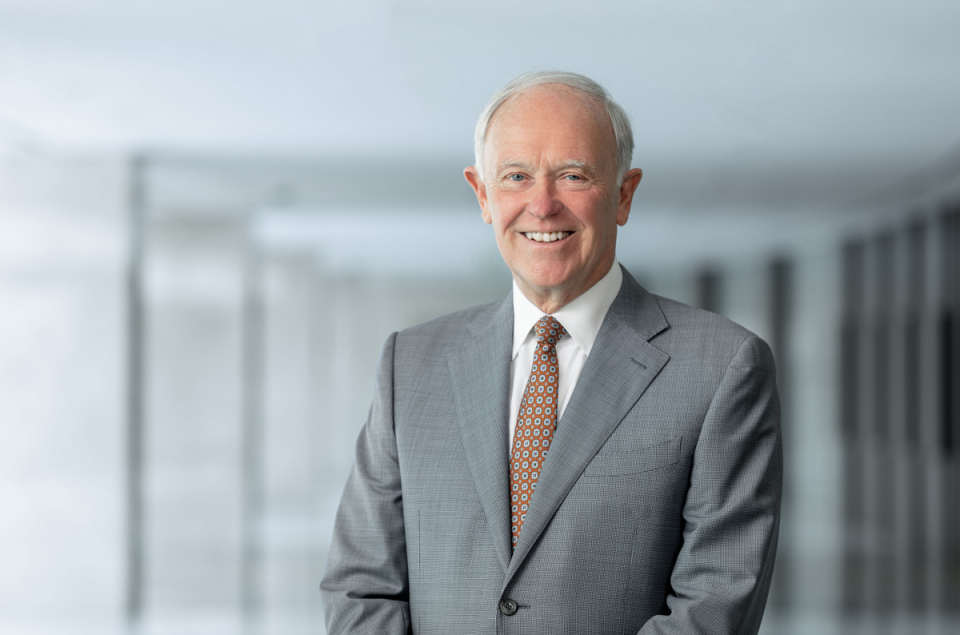
Emirates Group and Dubai Airports have unveiled a comprehensive economic impact study, conducted by Oxford Economics, highlighting the aviation sector’s significant contribution to Dubai’s economy.
The study examined direct economic activity generated by aviation, indirect activity through supply chain engagements, and induced activity driven by wage-funded consumption of the local aviation workforce. It also looked at the catalytic impact of tourism spending facilitated by aviation to provided a holistic understanding of the sector’s considerable influence.
By integrating financial and passenger growth projections, the study forecasts a strong and healthy upward trajectory for the aviation sector.
The economic impact of aviation on Dubai

Dubai’s aviation sector made a significant contribution to the emirate’s economy in 2023, supporting AED 137 billion (USD 37.3 billion) in gross value added (GVA), equivalent to 27% of Dubai’s GDP. This included AED 94 billion from core economic impact and AED 43 billion from aviation-facilitated tourism. The sector’s economic influence is projected to grow even more, with contributions expected to reach AED 196 billion, or 32% of Dubai’s forecasted GDP, by 2030.
The aviation sector is also a major employer in Dubai, supporting a whopping 631,000 jobs in 2023. That accounts to one in five jobs in the emirate, and this number is expected to increase to 816,000 jobs in the next six years.
In ensuring aviation remains a key economic driver, Dubai contines to invest heavily in infrastructure expansion. This includes the new AED 128 billion Dubai World Central – Al Maktoum International Airport (DWC), which will be five the size of Dubai International (DXB). Posied to serve 260 million passengers annually, this development is expected to contribute AED 6.1 billion to Dubai’s GDP by 2030. Plans also include adding 400 destinations to Dubai’s foreign trade map.
Fuelling tourism
The city welcomed a record number of visitors in 2023, with an average overnight stay of 3.8 nights, spending AED 4,300 on hotels, activities, dining, and experiences.
International tourism injected a staggering AED 66 billion (around USD 18 million) into Dubai’s economy last year, with aviation-facilitated spending contributing AED 43 billion to the emirate’s GDP – equivalent to 8.5%. This incredible tourism boom supported 329,000 jobs, with Emirates passengers accounting for over half (AED 23 billion) of the gross value added.
Looking ahead, Dubai’s tourism sector is forecasting significant growth driven by aviation. By 2030, aviation-facilitated tourism spending is projected to contribute AED 63 billion to Dubai’s GDP, representing 10% of the emirate’s total GDP. This growth will also create one in eight jobs in Dubai.
Open letter by Sir Tim Clark, President Emirates Airline

In an open letter, Sir Tim Clark, President of Emirates Airline, said as the world’s largest international airline, Emirates has become an incredibly influential powerhouse.
Referring to just how far the ailrine has come since entering the market, he said under the guidance and visionary leadership of HH Sheikh Mohammed bin Rashid Al Maktoum, the airline was born with a $10 million seed capital and a clear mandate: excellence, self-sufficiency, and no subsidies.
Today, Emirates is a key contributor to Dubai’s economy, at AED 98 billion (19% of Dubai’s GDP) in 2023. Oxford Economics has forecasted this to reach AED 144 billion by 2030, expecially with the new Al Maktoum International airport further enabling Emirates’ growth.
In concluding, Sir Clark commented that Emirates’ success extends beyond Dubai, driving innovation, expertise, and job creation globally. The group’s incredible achievements demonstrate the importance of supportive policies and public-private cooperation. He said with its sights set on the future, Emirates remains committed to delivering economic and social benefits to the communities it serves.



